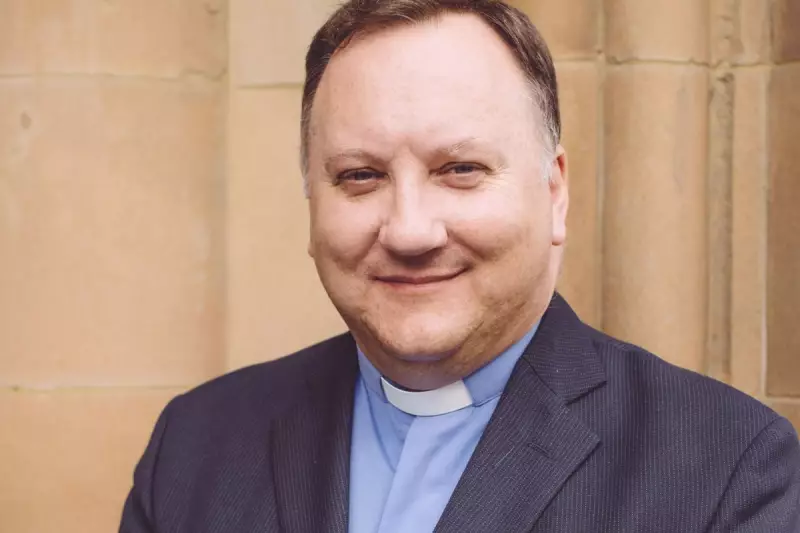
The leader of the Presbyterian Church in Ireland has announced his resignation following a damning internal review that uncovered serious and significant failures in the church's safeguarding practices over more than a decade.
Widespread Failures in Protection Systems
Moderator Rev Trevor Gribben confirmed he will step down from his role after the investigation revealed multiple instances where the Church failed to protect its members. The review examined the period between 2009 and 2022 and identified numerous cases where individuals were harmed or placed at risk due to inadequate safeguarding measures.
During a press conference in Belfast, church officials detailed specific failures including situations where the Church failed to respond when people who had suffered harm sought help. There were also instances where offenders returning to worship were inadequately monitored, creating further risks to congregations.
Church Leadership Accepts Responsibility
Rev Gribben, who served as General Secretary during part of the period covered by the review, stated: "Although not directly responsible for the professional delivery of safeguarding within the Church, nonetheless serious and significant failings in our central safeguarding functions occurred partly during my tenure."
The Presbyterian Church in Ireland, which has approximately 180,000 members across more than 500 congregations and 19 regional presbyteries, has issued an unreserved apology for the failures.
Rev Gribben emphasised: "We are aware of a number of people who have been harmed, and we believe there may well be others as yet unknown to us. The Church's first and greatest concern about this is for those people who have suffered harm."
Comprehensive Review Reveals Systemic Issues
Church Convenor Rev David Bruce provided further details about the scope of the failures, noting that the current safeguarding team had identified multiple problematic situations between 2009 and 2021, with one case as recent as 2022.
Rev Bruce explained that in most instances, there was a basic failure to follow the Church's own 'taking care' guidance. These shortcomings were compounded by major gaps in essential record-keeping, making it impossible to identify all situations where safeguarding practice was unacceptable.
The failures included:
- Failure to make required referrals to statutory authorities
- Inadequate responses to concerns about individuals in congregations
- Poor monitoring of offenders returning to worship
- Lack of response to people seeking help after experiencing harm
Rev Bruce confirmed that "the person with lead responsibility for this work during these years is no longer in post" and assured that anyone contacting the safeguarding team would be listened to, heard and responded to properly.
The Church has committed to implementing better arrangements to prevent similar failures occurring in the future and to providing appropriate support for those affected by past safeguarding shortcomings.





